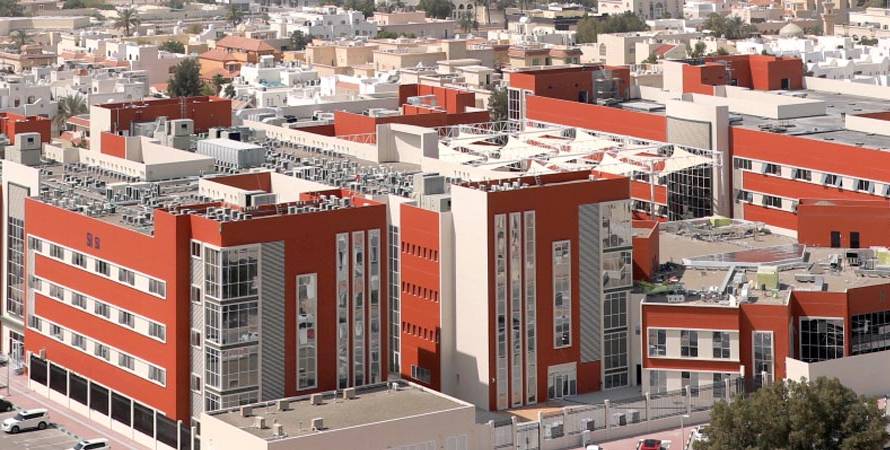The United Arab Emirates (UAE), one of the most tolerant countries of the world, has undergone a spectacular economic rise over the past five decades that transformed the country from a small, backwater desert nation of 279,000 people in 1971 into a rich, vibrant economic center of 10 million today.
UAE has the sixth-largest migrant stock in the world from almost all countries of the world. Almost 90 percent of the country s populations are expats. The migration corridor between India and the UAE has become the largest such corridor worldwide. Indians now make up more than 25 percent of the total population of the UAE.
While Dubai is the most prominent and populated Emirate of UAE, Abu Dhabi being the capital city, occupies more than 80 percent of the UAE s geographical area, with vast majority of the UAE s oil and gas fields under its soil.
Education Is a Top Priority in the UAE – As envisioned by the Founding Father of UAE, H.H. Sheikh Zayed Bin Sultan Al Nahyan, that education can only determine a country s prosperity and brighter future, the government of UAE is emphasizing on making a world class education system in UAE to create a competitive knowledge based economy which will replace the economy based on hydrocarbons. This prioritization is reflected in the UAE s strategic education plan for 2017-2021.
Demographic Facts About UAE
- TOTAL POPULATION 10.01 MILLION
- POPULATION OF UAE NATIONALS 11 % – 1.15 MILLION (89% Expats)
- DENSITY OF POPULATION 118/KM2
- AREA 83,600 KM2
- PERCENTAGE OF URBAN POPULATION 87%
- AVERAGE AGE OF POPULATION 32.6 YEARS
- LIFE EXPECTANCY 78.5 YEARS



